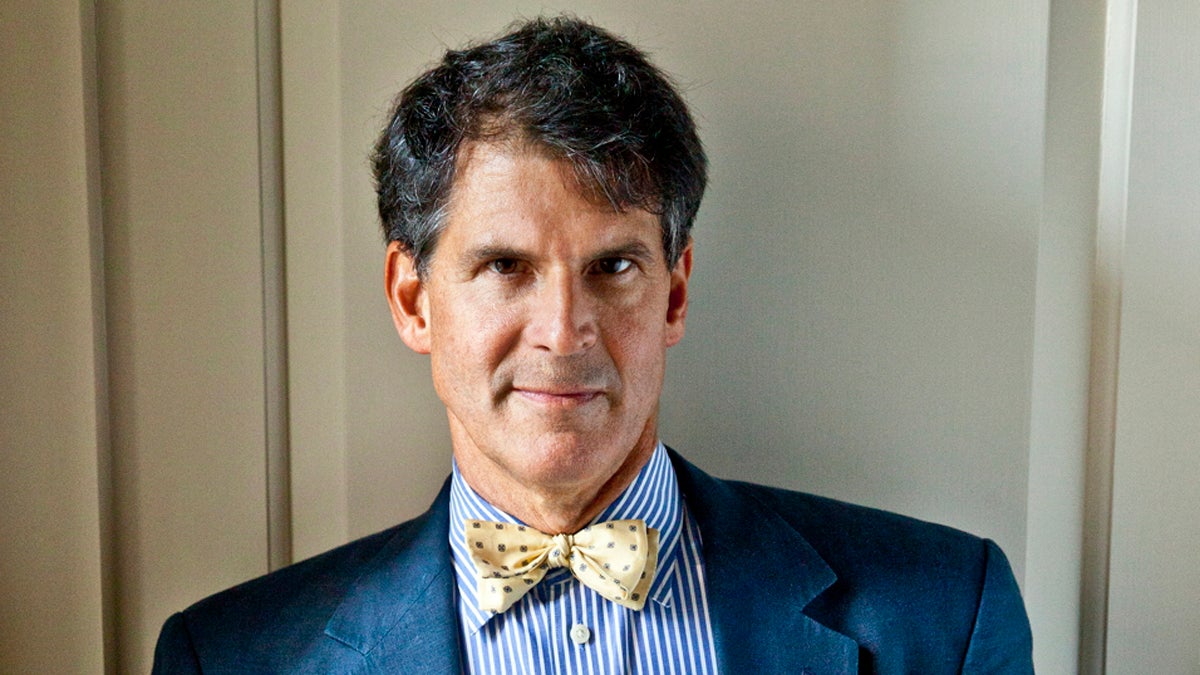Science and religion – death match or lovers’ quarrel?
Listen
Dr. Eben Alexander's brain was attacked by severe bacterial meningitis what he says happened during seven days of coma makes up his best-selling book, "Proof of Heaven: A Neurosurgeon's Journey into the Afterlife." (AP Photo/HO )
The other day, I stumbled across a book called Proof of Heaven. I had some time to kill and a latte in hand, so I started reading.
Somehow, I’d never heard of this controversial account of a neurosurgeon’s near-death experience, and how it converted him from an agnostic into a believer.
The book is a best-seller. What people argue about is whether it should most properly be found on the nonfiction ranking — or on the fiction list.
I finished the book the day after hearing a story on WHYY’s new health and science show, The Pulse, about anesthesia. From The Pulse, I learned this startling fact: Even though millions of surgical patients each year get “put under” without incident, medical science doesn’t understand precisely how anesthesia works.
Those two dots, Proof of Heaven and anesthesia, connect for me in a way that speaks to the tired and misleading debate between faith and science.
The riddle of why anesthesia works points to a deeper mystery science has not solved: Consciousness.
What is consciousness? The pat answer that consciousness is just the product of electrical impulses in the brain really doesn’t fit all the evidence. Consciousness eludes precise scientific definition.
Which is Dr. Eben Alexander’s point in Proof of Heaven. When a nearly fatal bacterial onslaught put Alexander into a deep coma a few years ago, his cerebral cortex basically shut down. As doctors prepared to call him a goner, Alexander suddenly, inexplicably woke up, little the worse for the wear.
While in the coma, he says, his consciousness went on a journey through realms that seemed an awful like traditional descriptions of purgatory and heaven.
His narrative of this journey is freaky — and at times a bit goofy. But it’s clear he believes it happened, even though, based on what he knows about the brain, he shouldn’t have been able to experience or remember such events.
Skeptics do what they do
Inevitably, debunkers have arisen to question Alexander’s credibility. I read a long debunking piece in Esquire magazine that struck me as pretty thin. It established that Alexander had a dark period in his professional life. In the book, he admits to problems with depression and alcohol, though skimps on the gory details that the Esquire piece delivers. But the Esquire piece’s attempts to demolish Alexander’s account of his illness fell well short of the mark, to me.
I’m not here to assert Alexander’s account is true; I just can’t tell.
My point, which Proof of Heaven touches on nicely, is this: Though combative rationalists sometimes assert that science will eventually explain all the questions that religious myth once addressed, their conviction is as much an act of faith as is my belief in the Holy Trinity. It is, frankly, unscientific to maintain as a first principle that human reason can comprehend every aspect of the universe, that anything that eludes our grasp must not be real.
From anesthesia to dark matter, science’s noble and exhilarating quest to decode the universe still occasionally finds itself needing to bow its head to mystery.
The deepest puzzle of all is not how the universe is put together, but what it all means. And that is the province of faith and philosophy, not telescopes and test tubes.
Faith and science are not at war. They are on similar journeys, but taking separate paths to their destination..
WHYY is your source for fact-based, in-depth journalism and information. As a nonprofit organization, we rely on financial support from readers like you. Please give today.




